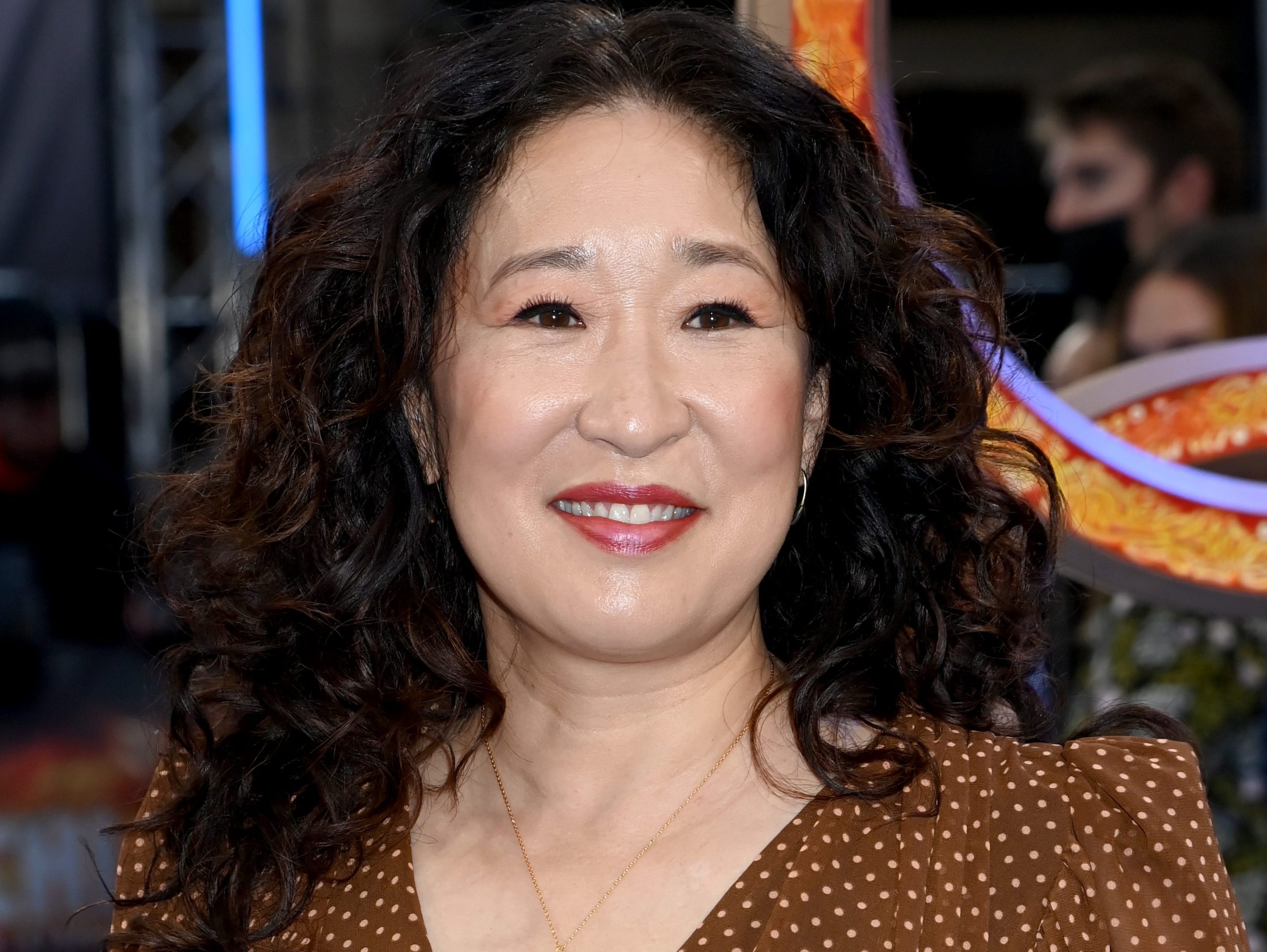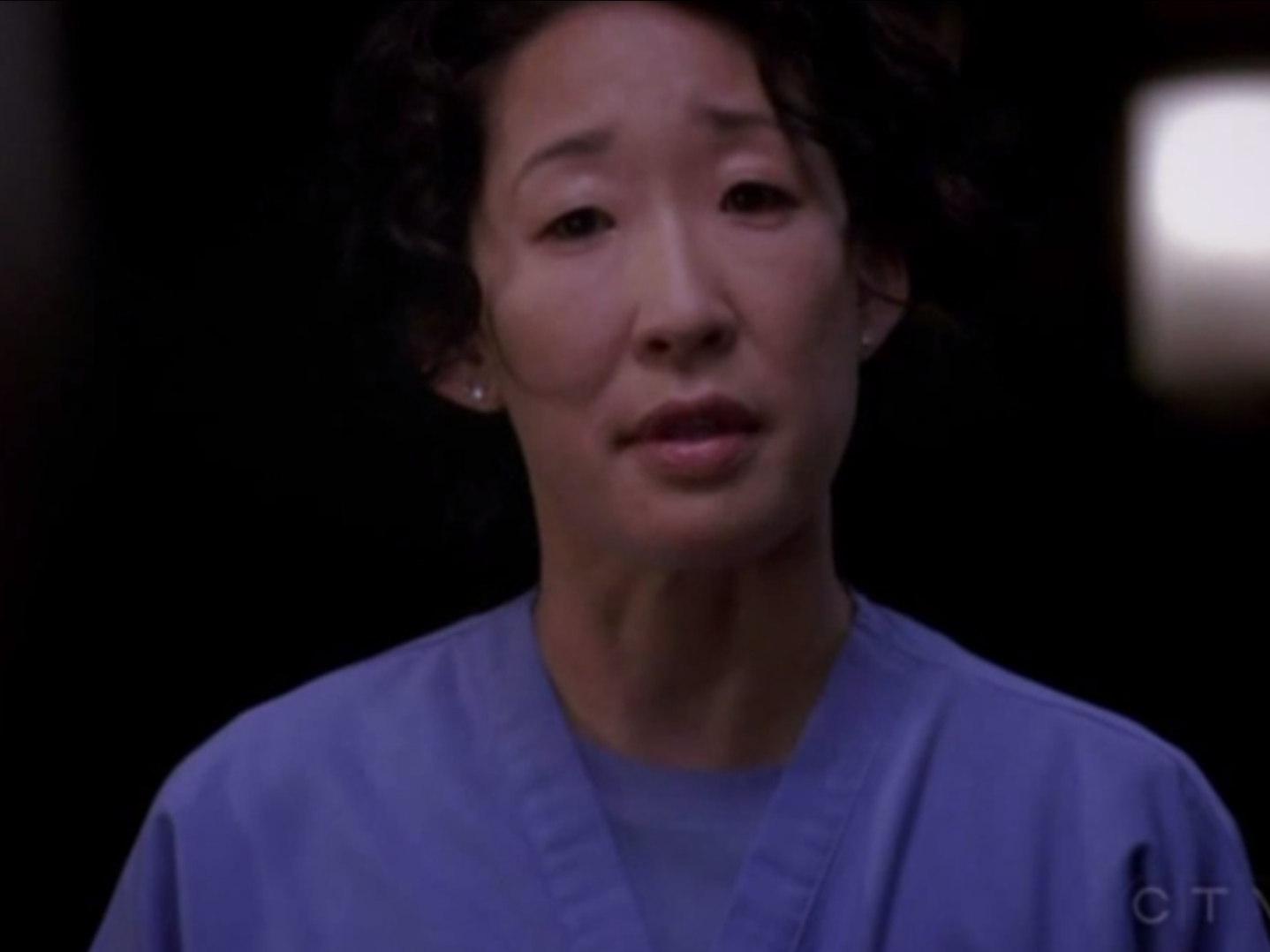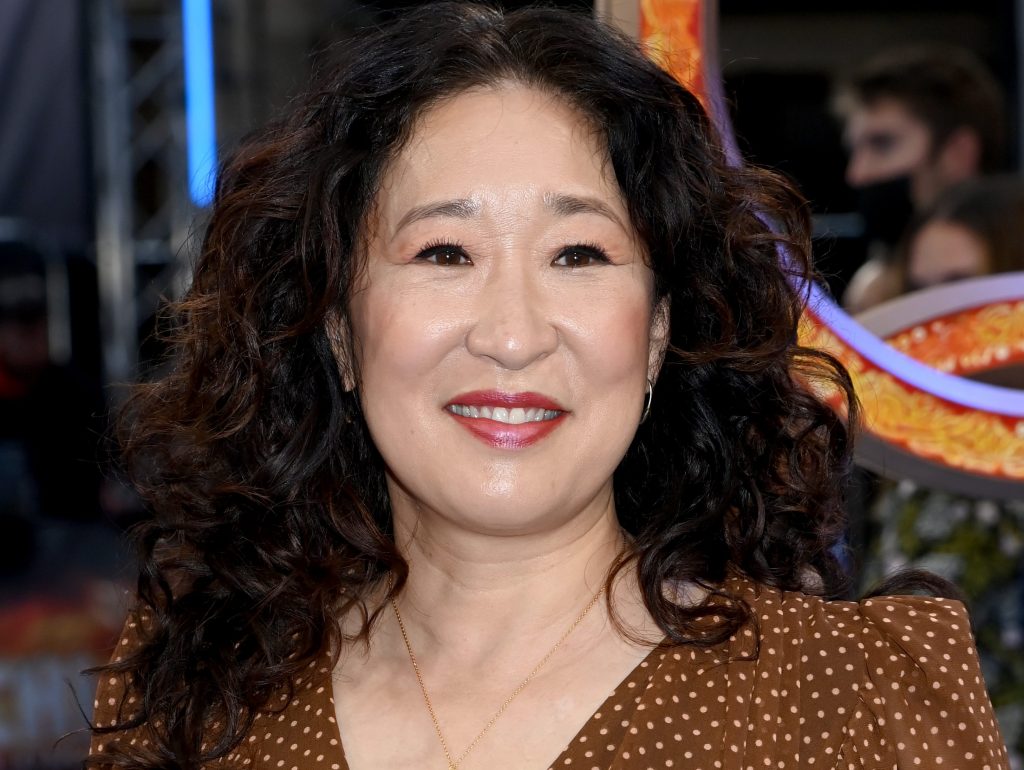
Dave J Hogan/Getty Images
- Sandra Oh said on the "Today" show that she found her sudden "Grey's Anatomy" fame "traumatic."
- She said that "Grey's Anatomy" "never addressed people's ethnicity" while she played Cristina Yang.
- Oh now plays Dr. Ji-Yoon Kim on Netflix's "The Chair" and applauds the show's Korean representation.
- Visit Insider's homepage for more stories.
Sandra Oh didn't sugarcoat the "traumatic" experience of being suddenly thrust into the spotlight in 2005 because of her role as Dr. Cristina Yang on ABC's instant hit drama "Grey's Anatomy."
"I have a good therapist," she told "Today" show host Willie Geist. "I'm not joking, it's very, very important."
Oh explained that to do her job well, she often needs some solitude and that is suddenly ripped away from actors when they reach a certain level of notoriety.
She said she had to "build skills to still try and be real" and could often be found "hiding in restaurants" when she dared go out while trying to adjust to her new life as a celebrity. Now, she explained, she's learned to "manage attention" and the expectations people have of her without letting the pressure of her job change the person she is at her core.
As a Korean Canadian actor, Oh told Geist that she can "trace how Hollywood has progressed" in regards to telling authentic stories about people of color by looking back on the characters she has played.

Screenshot/YouTube
"Grey's Anatomy" and Shonda Rhimes made strides for diversity in casting in the early 2000s, but casting people of color doesn't necessarily mean that their stories are represented well on screen. "When I was on 'Grey's Anatomy' for 10 years, the show never addressed people's ethnicity," Oh said.
In her next role as the title character on "Killing Eve," some details of Eve's life were authentically Korean, Oh recalled. But it wasn't until her role as Dr. Ji-Yoon Kim in Netflix's comedy "The Chair" that she felt she could "play a character who specifically has a Korean name and all [of the other] characters are going to call her that name correctly."
Correct name pronunciation may seem like a very small, basic ask, but for an institution as big as Hollywood, it's a significant one that shouldn't be ignored. "One of the things that I feel like I have learned in my career ... is that change is slow when you are an individual facing an institution," Oh said.
